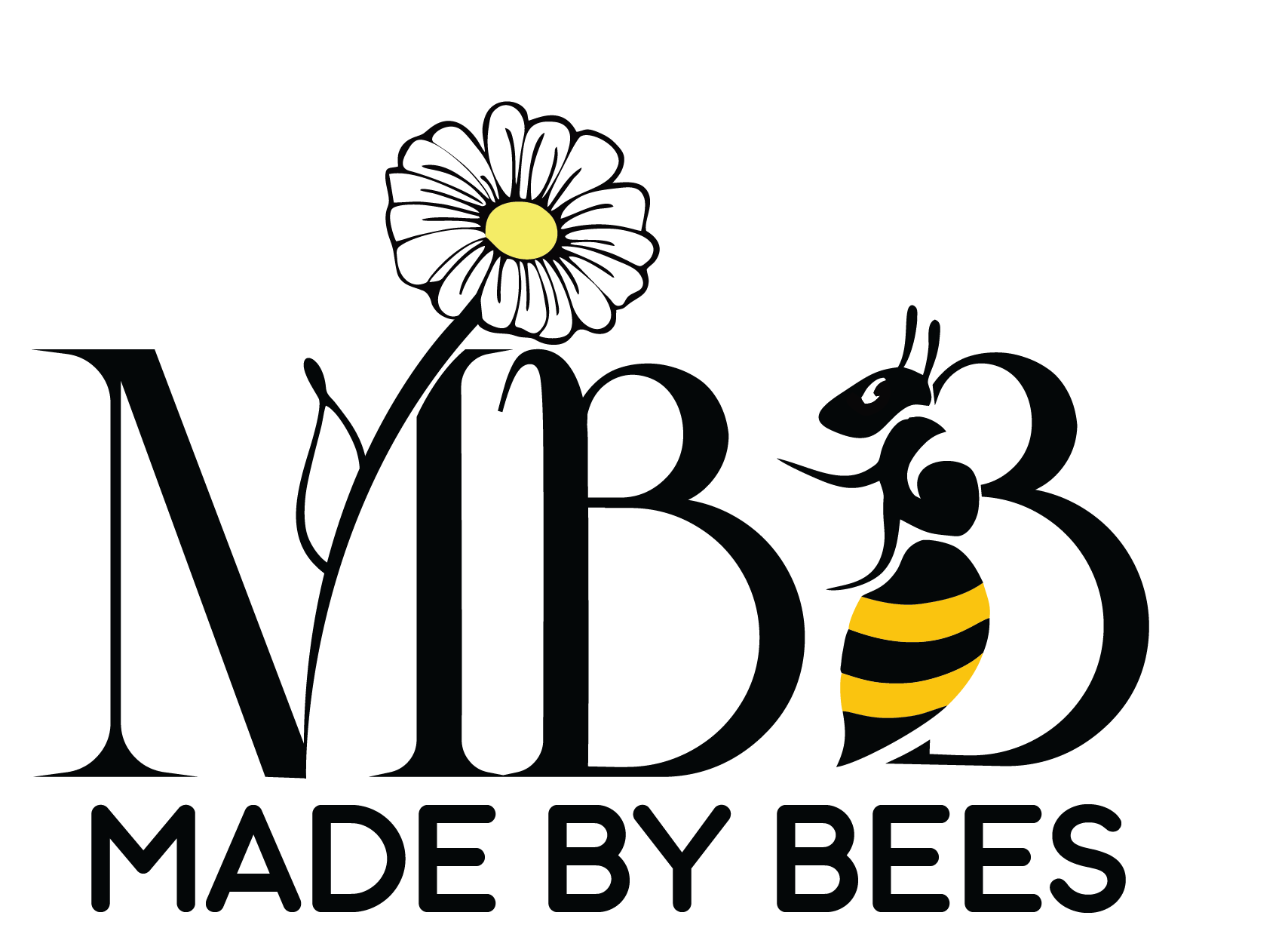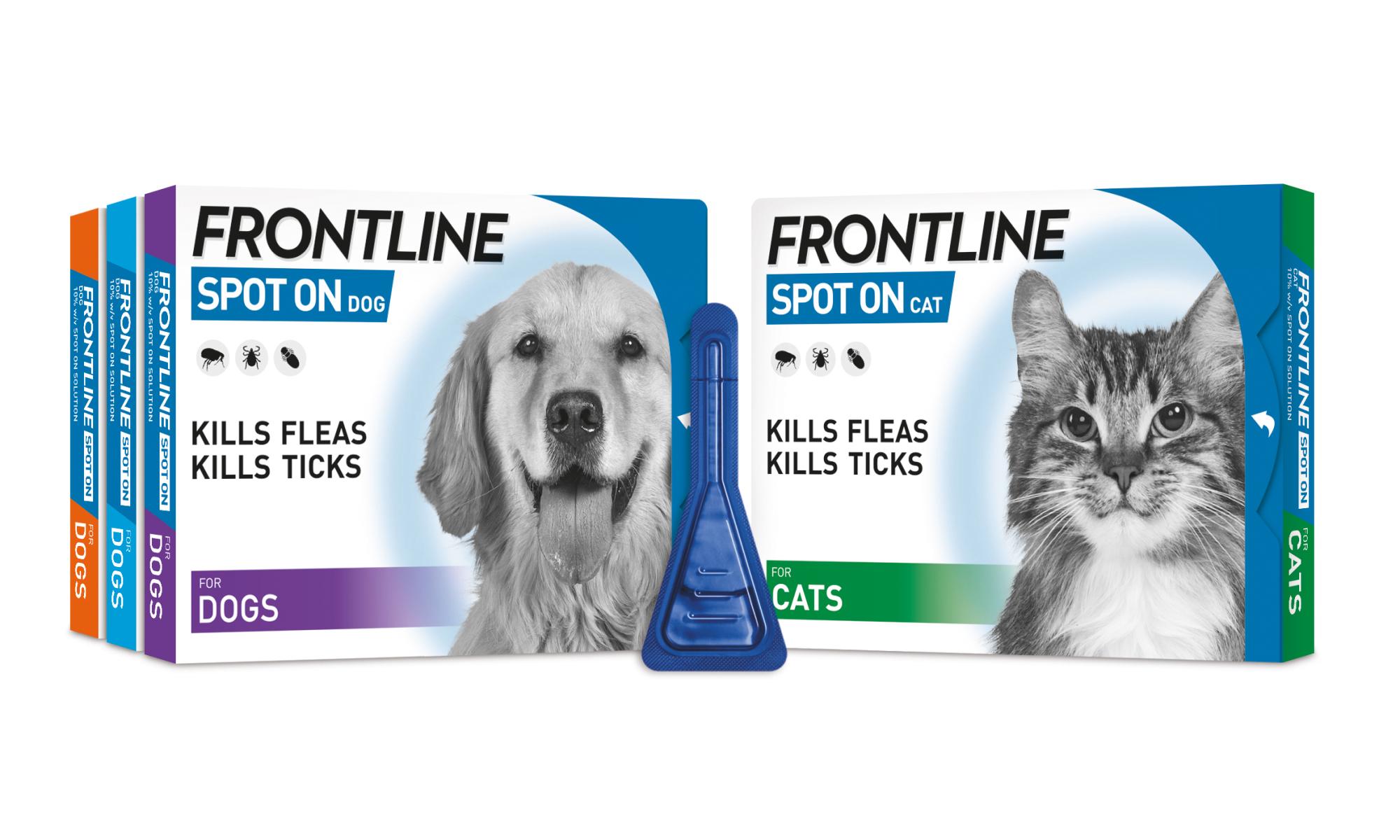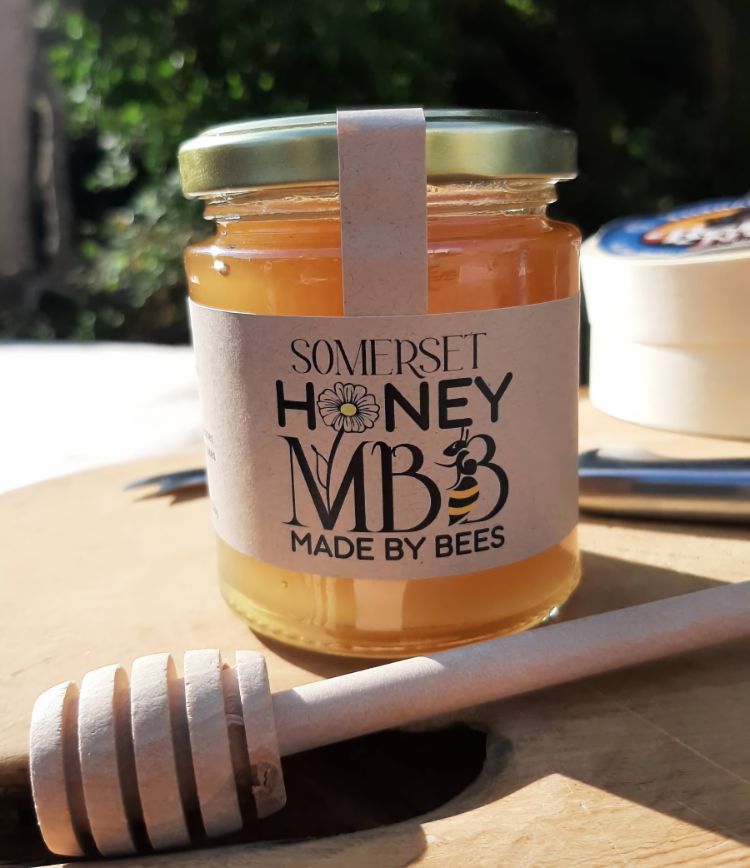Banned from UK & EU agriculture...
And you want to use this on your pet?
 Toxic pesticides deemed to be too harmful for use on agricultural crops are leaching into the environment from pet medicines. These chemicals – used widely in tick, flea and worm treatments for cats and dogs – are polluting rivers across England, posing a risk to aquatic ecosystems.
Toxic pesticides deemed to be too harmful for use on agricultural crops are leaching into the environment from pet medicines. These chemicals – used widely in tick, flea and worm treatments for cats and dogs – are polluting rivers across England, posing a risk to aquatic ecosystems.
Veterinary and environmental organisations are urging the UK Government to help tackle chemical pollution by banning these toxic pesticides from being included in medicines for cats and dogs.
There are more than three hundred alternative products available so make the change NOW.
"Chemicals that have been banned in one sector are used indiscriminately in another with seemingly little consideration of the possible risks.” Dr Andrew Prentis
Toxic pet flea and tick treatments are polluting UK freshwaters
Article by Hayley Dunning
Imidacloprid and fipronil (two main active ingredients in spot on treatments) are powerful killers of invertebrates such as insects. One monthly flea treatment for a large dog contains enough imidacloprid to kill 25 million bees. In aquatic ecosystems, insect larvae are particularly at risk, such as those of mayfly and dragonfly. These species, among others, are important food for fish, birds, and bats, potentially causing knock-on effects on the wider ecosystem.






Share:
A national “butterfly emergency”
Veterans’ candle